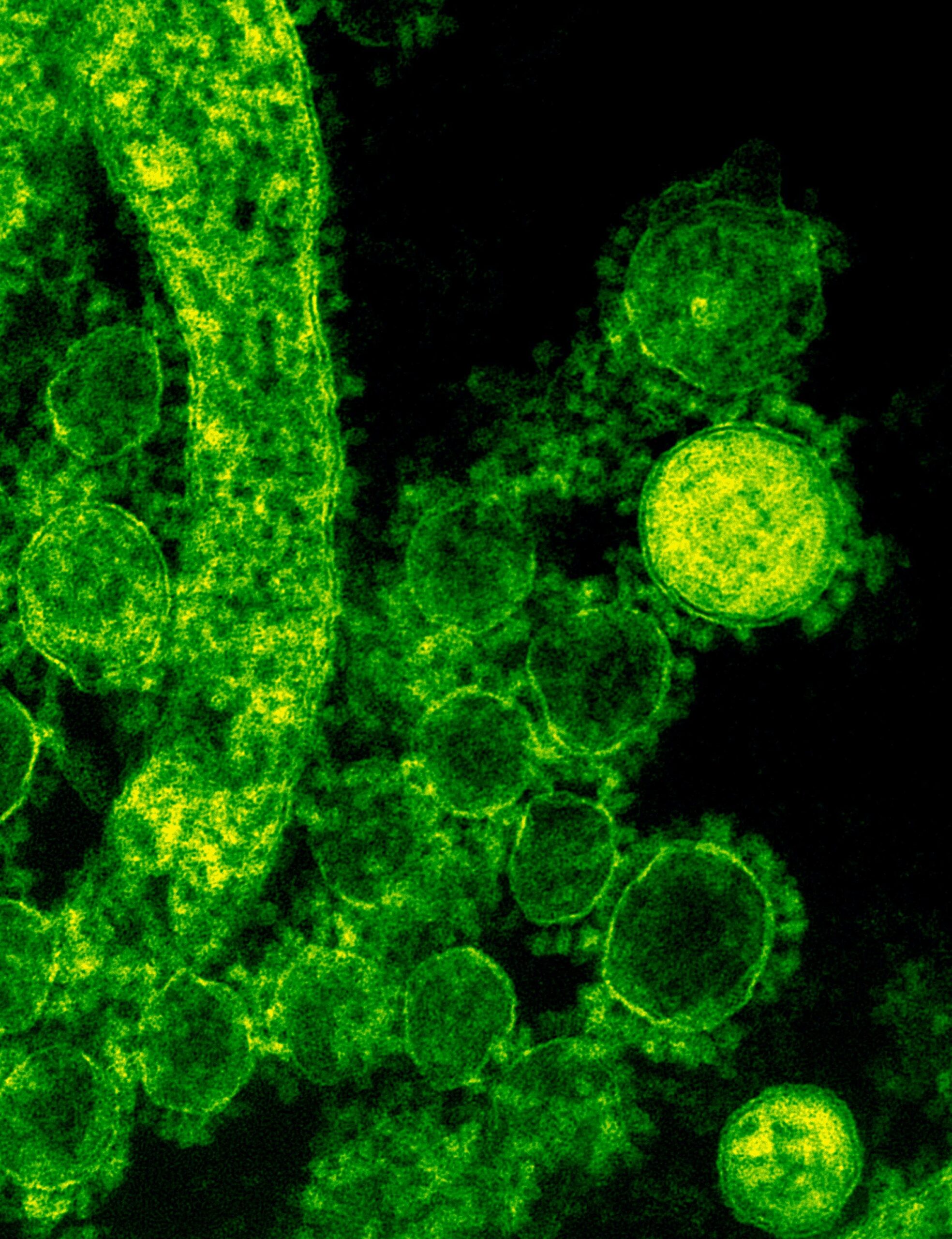In recent times, the term “monkeypox” has gained attention, leaving many wondering about this rare viral infection and its implications. Let’s delve into the key aspects of monkeypox, addressing common questions and dispelling any unnecessary panic.

Q: What is Monkeypox disease?
Monkeypox is a rare viral zoonotic infection that manifests with a rash resembling smallpox. The causative agent is the monkeypox virus.
Q: What is the current situation?
As of May 25th, 2022, over 200 confirmed cases have been reported in Europe, the USA, and Australia. However, there are no recorded cases in Pakistan, and there is no need for panic. Historically, monkeypox has been prevalent in central and western African countries.
Q: How is it transmitted?
The virus can spread through contact with animals, infected individuals, and materials used by those infected. Transmission occurs through lesions, respiratory droplets, and even animal bites or scratches.
Q: What is the incubation period?
Monkeypox infections typically last two to four weeks.
Q: What are the signs and symptoms?
Symptoms include fever, chills, headache, backache, muscle aches, and exhaustion. Notably, monkeypox presents with enlarged lymph nodes, unlike smallpox. A characteristic rash develops after 1-3 days, progressing through various stages. In the current outbreak, the rash has been mostly confined to the ano-genital region, possibly linked to sexual activity. The illness lasts 2−4 weeks, with a 10% mortality rate.
Q: How is monkeypox diagnosed?
Clinical diagnosis is often sufficient, considering symptoms and rash. Laboratory confirmation methods include virus isolation, electron microscopy, PCR, ELISA, and immunofluorescent antibody assay.
Q: What is the treatment?
There is no specific treatment for monkeypox; supportive care is the primary approach. Some antivirals and Vaccinia Immune Globulin (VIG) may be used if available.
Q: What are the preventive recommendations?
Preventive measures include avoiding contact with potentially infected animals, materials, and practicing good hand hygiene. Isolation precautions and the use of personal protective equipment (PPE) are crucial when caring for patients.
Q: Is there a vaccine available?
Currently, there is no specific vaccine for the general public. However, JYNNEOSTM (Imvamune or Imvanex) and a live vaccinia virus (ACAM2000) licensed for smallpox prevention may be effective against monkeypox, boasting an 85% efficacy rate.